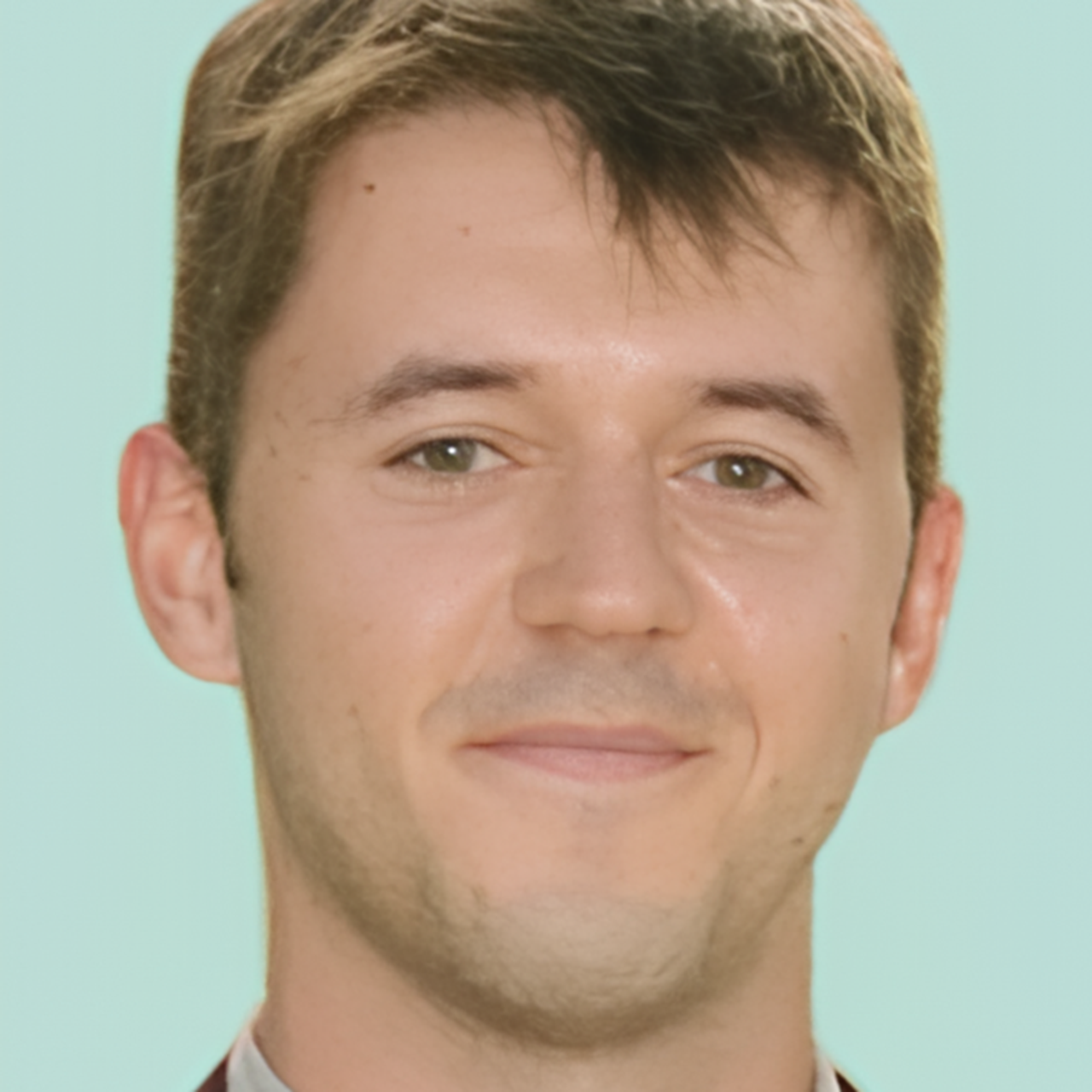About the public defence of the thesis
Attila Simkó, Department of Diagnostics and Intervention, defends Friday 26 January at 13.00 in hall E04, University hospital, Umeå, his doctoral thesis Contributions to deep learning for imaging in radiotherapy. Opponent Veronika Cheplygina, PhD, Assoc. Professor, IT University of Copenhagen, Copenhagen, Denmark. Principal supervisor Joakim Jonsson.



